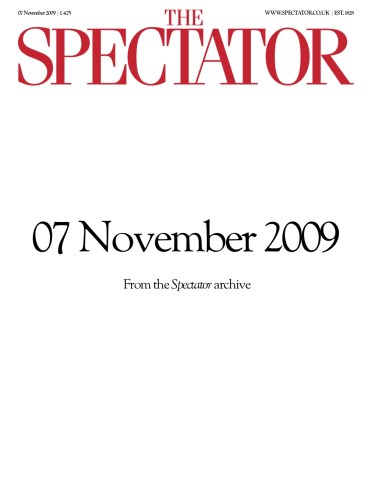Nothing succeeds like excess
‘Why are you laughing?’ they demanded again and again, as Cheever tittered at some grindingly miserable memory from his youth, or some cruelty he’d inflicted on his children. What his keepers were pathologising was the writer’s genius to see the hilarious in the chaotic, the respectable, the insulting and the desperate. Cheever was, above all,

